Valerio Stivé | February 18, 2025
Lucca Comics & Games 2024: I haven’t seen enough this year, but I had a mission

The 2024 edition of Lucca Comics & Games wasn’t as anticipated as previous years’ editions. Unlike last year, no major polemics or controversies emerged in the lead-up to the event, and there weren’t any truly massive guests for the general audience, like we saw with Tim Burton in 2022.

By the end of the festival's five days (October 30th - November 3rd), the total number of tickets sold reached 275,000 — nearly 40,000 fewer than the 314,220 sold in 2023. In the weeks before the event, many in the industry observed a decrease in online ticket sales. It’s hard to pinpoint the exact reasons behind this contraction, as the cultural offer of the festival didn’t look much different from previous years. For one thing, there were plenty of international guests from across Europe, America, Japan, and South Korea. One thing is for sure: staying in Lucca — a very small city — has become increasingly unaffordable, and the economic situation is taking a toll on everyone’s wallets.

It's also fair to say that the climate crisis may have played a role. Parts of Tuscany (the region where Lucca is located) and the neighboring Emilia Romagna region were affected by heavy rains and flooding. This may have discouraged people from traveling, especially at a time of year when the weather is normally unfavorable. Ironically, this edition of Lucca Comics was one of the hottest ever recorded. It felt more like September than late autumn, a stark contrast to the usual experience of figuring out how to protect your comics from the rain for five days straight.
As difficult as it may be to predict the trend, one thing seems clear to everyone: the festival is massive, the city is small, and everyone’s wallets are getting tighter.

Nonetheless, Lucca Comics & Games remains the largest entertainment event in Italy and, with its numbers, one of the major comics events in the world. When you attend, you need to come prepared and focused. Decide which authors you want to meet, which movies to watch, which panels to attend. For some of these, you need to book your spot or get a ticket online prior to the start of the festival — and many sell out quickly. This might discourage people from attending, knowing they won’t have the freedom to choose activities spontaneously. It is a cul-de-sac: online booking is likely the only way to avoid endless snaking queues that would otherwise consume half a day. Ah, but don’t forget — there are still massive lines to enter each pavilion. It’s no surprise, then, that the festival increasingly appeals only to die-hard fans willing to deal with these challenges.

On most days, the city’s narrow streets are packed. It’s Halloween weekend, and it seems as though even more people than those who purchased tickets visit the city simply to walk around, admire the cosplayers, and take photos. Many of these visitors who come to the small city of Lucca without tickets and are day-trippers from nearby areas. By the end of the festival, it’s hard to visualize the impact of the 40,000 fewer tickets sold this year.

A few days before the festival began, I saw a Facebook post by veteran editor of Italian Spider-Man titles, Max Brighel, showing a special Spider-Man issue — a freebie for visitors to a Lucca Comics of 30 years ago. Seeing that image catapulted me back in time to when I was a kid eagerly waiting all year long for that much-smaller-than-now event, a place where I could discover countless dreams to fuel me for the months ahead. Decades has passed and I’ve never missed a single edition of the festival. There was no way I was going to miss this one even if the morning of the day I was going to leave for Lucca I woke up with a suspicious back pain.

One thing I find myself saying each year is, “I haven’t seen enough this year.” Well, this time it’s truer than ever. My very bad back (in much worse condition than I originally thought) couldn’t stop me from being there, yet it definitely slowed me down. And it also landed me in the ER at the Lucca hospital, where I found out I have a cervical hernia. This happened on the night of the Guinigi Awards, Thursday October 31st. Right after the ceremony's end, the pain became so unbearable that my colleagues had to call me an ambulance while I was curled up on a sidewalk like some desperate Gregor Samsa. But the very next day, I was back at the festival, because as I told those who advised me to go home, “We wait all year to be in Lucca.”
In the end, I missed a lot of events and didn’t get the chance to see many people I had been looking forward to meeting. I was moving very slowly and enduring intense pain, the kind that over-the-counter pills couldn’t do nothing against.

However, I had a mission: I had to meet Mr. Daniel Clowes. He was one of the main guests of this edition, although, I must admit, I didn’t feel he was celebrated by the festival as much as he deserved. My goal was to shake his hand and tell him the kind of things you’d say to an artist who literally changed your life — something like, “Maybe I wouldn’t be here now if I hadn’t read your books,” or, “I may not be doing this job if it weren’t for your comics.”
It was a brief encounter; I didn’t want to take up too much of his time. I later attended two panels and a press conference featuring Clowes. One panel included Jean-Pierre Dionnet — who was a torrent of words — the founder and curator of the French magazine Métal Hurlant, alongside Italian cartoonist Igort, who moderated the discussion.
The panel covered the origins of Métal Hurlant, its early days in the Seventies with artists like Jean “Moebius” Giraud and Philippe Druillet, and how the magazine was initially received by readers and fellow artists — not as positively as we might imagine now. On Clowes’ side, the discussion focused on how his career kicked off working on Eightball and the influences that shaped him, including MAD Magazine, Robert Crumb, and Love and Rockets. These influences inspired him to create a magazine to channel his creative energy without restriction, avoiding anything that bored him along the way: "Velvet Glove was a nightmare, but it was one I had no idea where it was going. I was in the nightmare, I was in the same place as the reader. I knew what it was going to happen three panel ahead, but it was like looking around a dark corner, and keep imagining what was going to be behind that."
Another event dedicated to Clowes featured Italian journalist Luca Valtorta (from La Repubblica), which, to be honest, didn’t impress me much, as the questions didn’t feel particularly focused on the artist or insightful, while Clowes always managed to keep the discussion interesting. Clowes was also interviewed during a press conference, after which he participated in a rather cringy initiative organized by the festival: impressing an artist’s hands in concrete, a gesture reserved for some of the main guests.

Unfortunately, the questions during the press conference didn’t touch on The Complete Eightball, his most recent book published in Italy (I recently completed translation of The Complete Eightball, a job I’m super proud of, and extremely pleased to finally see printed). However, here’s some quotes I collected, out of context:
"I’m interested in chaos and the feeling associated with that but I am not interested in creating visual chaos."
"I have to start with something very small. It’s like a snowball that rolls down a hill and pick up more and more, until everything in the book starts to connect with each other."
"I try to imagine a very very sophisticated reader who will see every tiny connection and my dream is they will see more than I do, all kinds of things that I will see ten years later."
"I’ve always wanted my comics to look like the comics I grew up with as a kid, flat colors, big bold lines. But when I started Eightball I wasn’t allowed to use color. It was very expensive to print in color comics that sold terribly as Eightball."
"I have a lot of interests and I get bored very quickly, so I cycle through them, and come back to them, and when I revisit them and see new things. It’s just a process of consuming the stuff that inspires me and vomiting it out in different ways."
"I’m always looking for the thing I don’t know about. So I’m always hoping there is some country that has a whole comics history I have never seen and I can find out about, a whole new way of looking at the world. It rarely happens anymore."
There was one person I did manage to hit with that “Your-work-changed-my-life” adulatory: Gary Groth. Fantagraphics Books was one of the international guests at the festival, they had a booth in the Napoleone pavilion, alongside all the major Italian publishers (another notable foreign guest was also Métal Hurlant). I had the chance to meet Mr. Groth, translate his press meeting and let him know that if I write about comics, it’s (also) his fault.


The evening of Thursday, October 31st, before my visit to the ER, I attended the Guinigi Awards ceremony at the Teatro del Giglio. So here we go with this year’s winners: Metax, by Antoine Cossé, in print from Add Editore in Italy (Fantagraphics in the US), won Comic of the Year, and I have to agree, I love Cossé’s work; Tradd Moore won Best Artist with Doctor Strange: Fall Sunrise (Panini Comics in Italy, originally by Marvel Comics), not my thing, but the man’s psychedelic art kicks ass; Kate Beaton won best writer for Ducks (Bao Publishing in Italy, originally by Drawn & Quarterly), because it is a great book; Odio l’estate, a deeply heartfelt memoir by Kalina Muhova (“I Hate Summer”, Rulez), won Best Short Story or Anthology, but apparently the jury didn’t realize that the book was a graphic novel, not a short story collection; Hirayasumi by Shinzo Keigo (Edizioni BD / J-Pop in Italy, Viz Media in the US) well deservedly won Best Series; The Drifting Classroom by Kazuo Umez (Star Comics in Italy, Viz Media in the US) won Best Editorial Initiative, despite just being the second Italian edition of the series; French artist Valentine Cuny-Le Callet won Best Newcomer for Perpendicolare al sole (“Perpendicular to the Sun”, Coconino Press in Italy, originally by Delcourt in France), but I’d appreciate it more when the award goes to an Italian newcomer, as there are many who deserve attention; Matsumoto Taiyo won Author of the Year for Tokyo Higoro (Edizioni BD / J-Pop in Italy, Viz Media in the US), a phenomenal manga and a must read for anyone working in the industry. Paolo Eleuteri Serpieri, great Italian veteran of the Western and Fantasy genre was named Masters of Comics (his self-portrait will now be included in the comic artist portraits collection at the Galleria degli Uffizi).
(Not so) fun fact: I later met Paolo Eleuteri Serpieri in the ER while I was being wheeled out of the CT scan room. Apparently he had suffered a head injury, which he had cleverly concealed during the ceremony with a cowboy hat.
A special mention was dedicated to Mahasen Al-Khatib, a young Palestinian cartoonist who recently died in the Israeli bombings of Gaza. The tribute was born from an initiative of comic artist and activist Gianluca Costantini, who, in the days before the festival, had promoted a petition to collect signatures from industry professionals in order to ask Lucca Comics committee to honor the memory of Mahasen Al-Khatib. I was among those who signed and seeing Gianluca collecting the award for Mahasen Al-Khatib, and the long applause that followed was a great moment.
The exhibitions, which for the first time, included a show outside of Lucca: a massive retrospective on Yoshitaka Amano (the artist behind this year’s poster) held in Milan, at the Fabbrica del Vapore. The exhibitions held per tradition at the Palazzo Ducale in Lucca featured more of Amano’s work alongside sections dedicated to: Carmine Di Giandomenico (known for his work at DC and Marvel); The magazine Métal Hurlant; Italian artist Francesca Ghermandi (the first Italian published by Fantagraphics, with her book Pastil); Middle Eastern female artists Takoua Ben Mohamed, Zainab Fasiki, and Deena Mohamed; Kazu Kibuishi, Japanese-born American author of the YA series Amulet (Scholastic in the US).
Other exhibitions covered Dungeons & Dragons, a selection of Korean Webtoons, the (inexplicable, to me) Italian kids’ bestseller author Pera Toons, and several others.
Here are some photos the halls of the Palazzo Ducale.











(Yoshitaka Amano 1-6, Takoua Ben Mohamed, Zainab Fasiki and Deena Mohamed 7-11)












(Metal Hurlant 1-4, Francesca Ghermandi 5-12)
(Carmine di Giandomenico)
In the end, those five days left me feeling like I hadn’t fully experienced this year’s edition of the festival, more than the usual “I haven’t seen enough this year”. As I write this, my back still hasn’t fully recovered — which is why it took me longer than usual to complete this report, written with one hand in uncomfortable positions. But rest assured, come next year, from October 29th to November 2nd, you’ll find me in Lucca for the 2025 edition of the festival.
(Craig Thompson, Igort, Lorenzo Mattoti, Tanino Liberatore, Werther Dell’Edera)


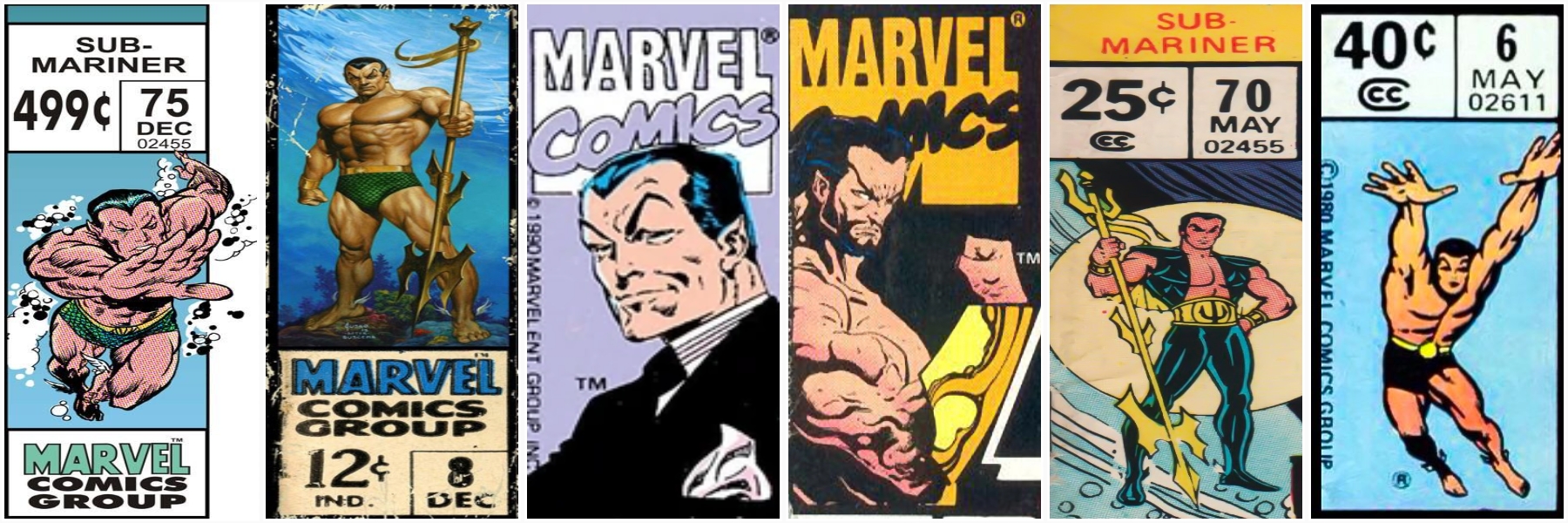


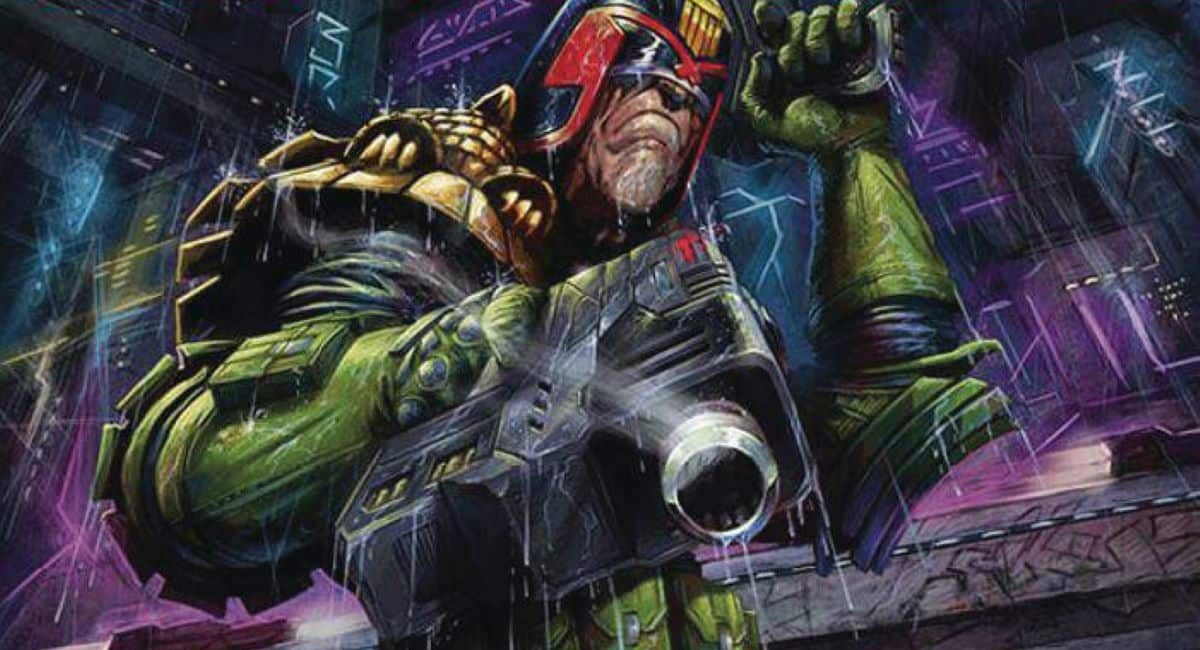
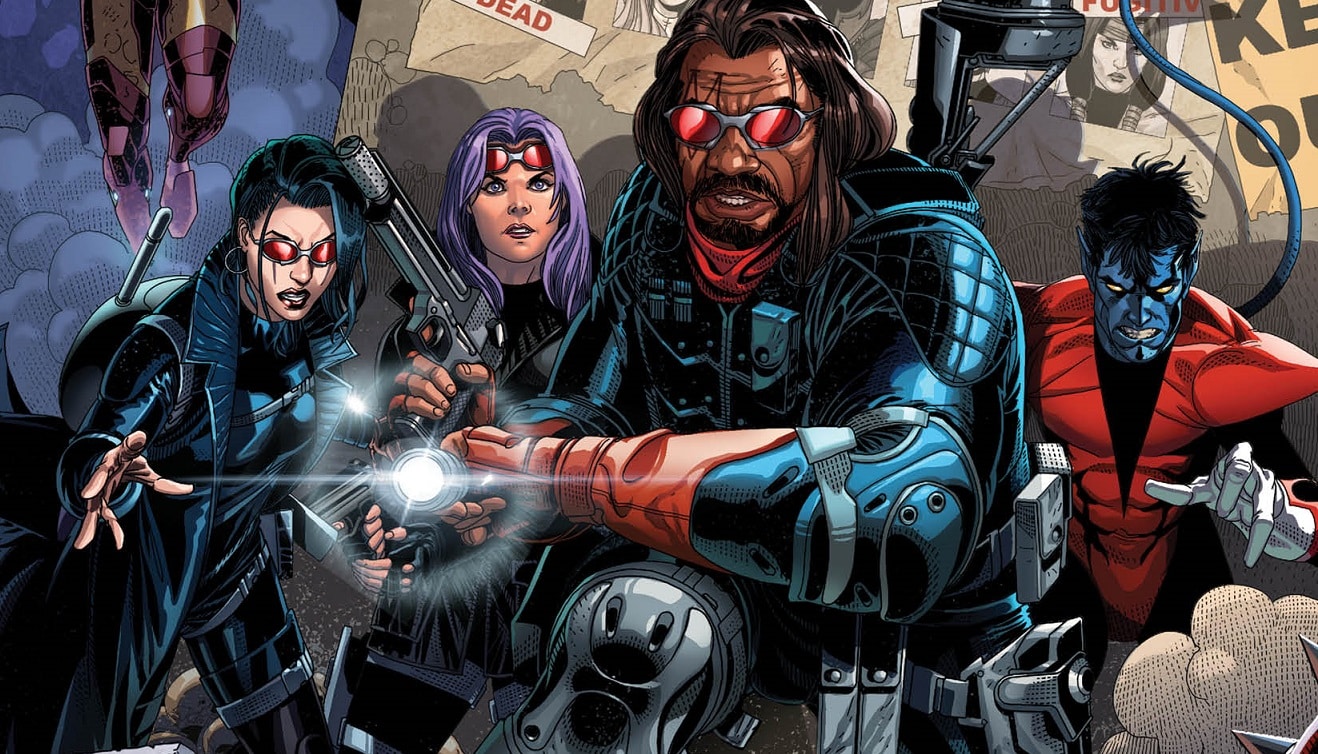


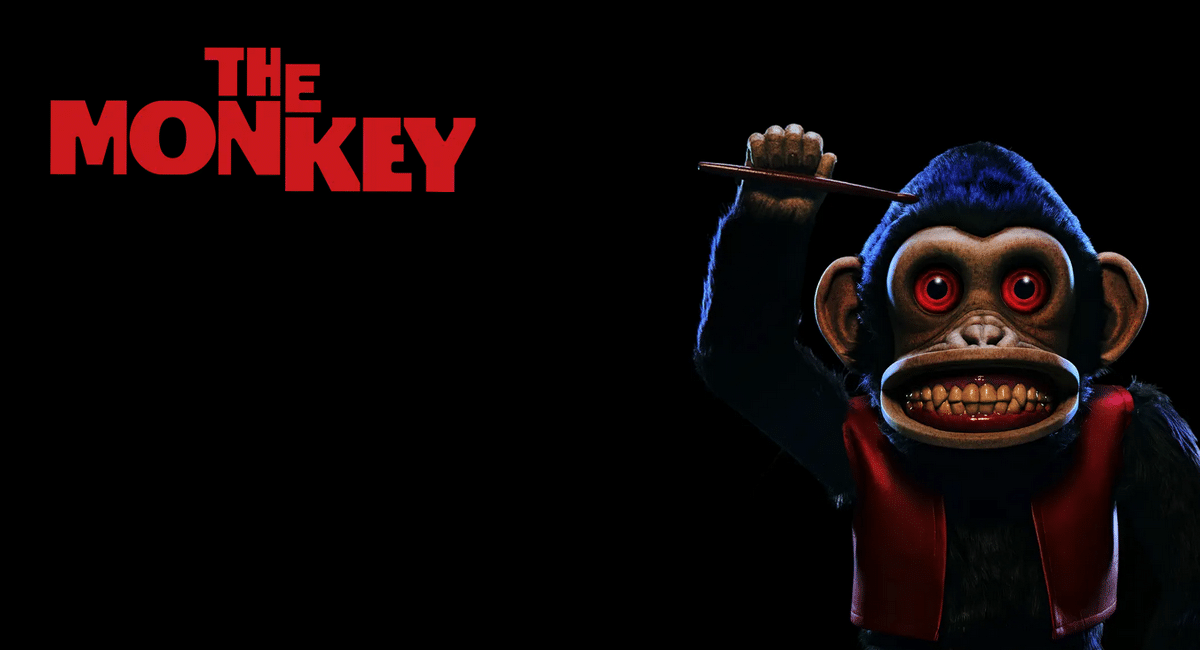

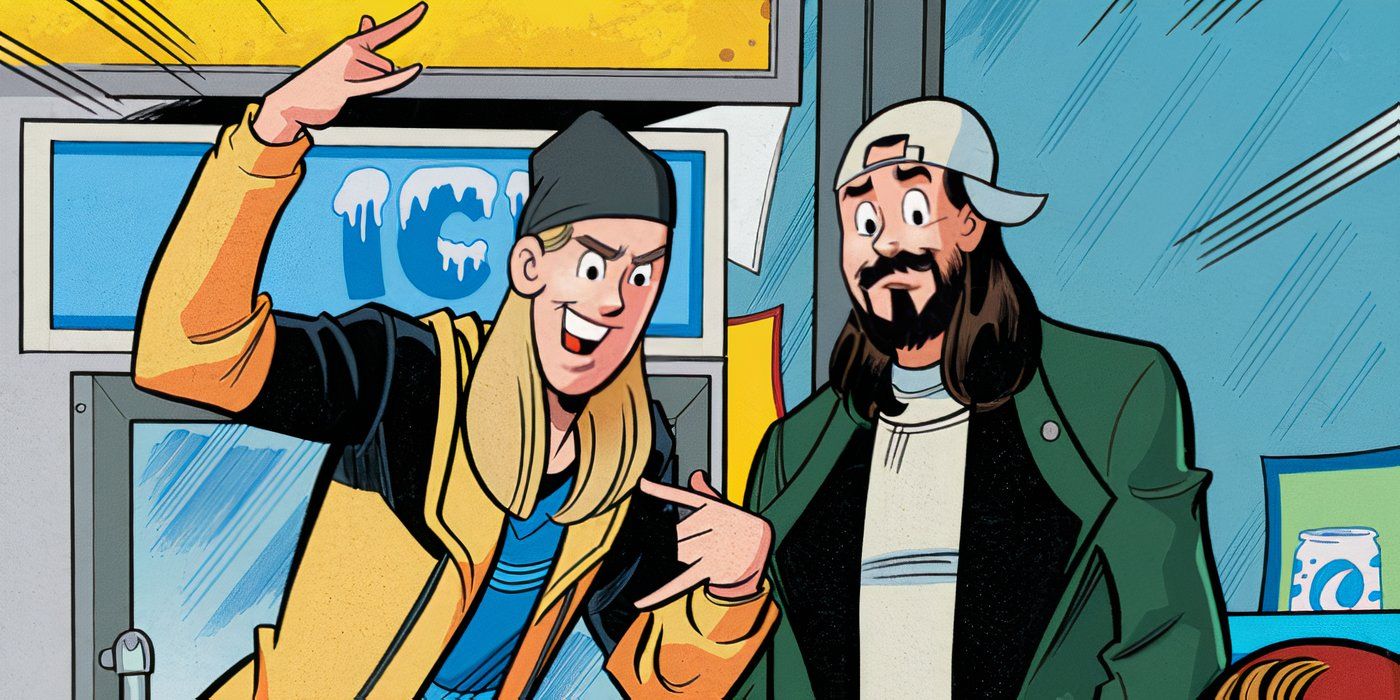

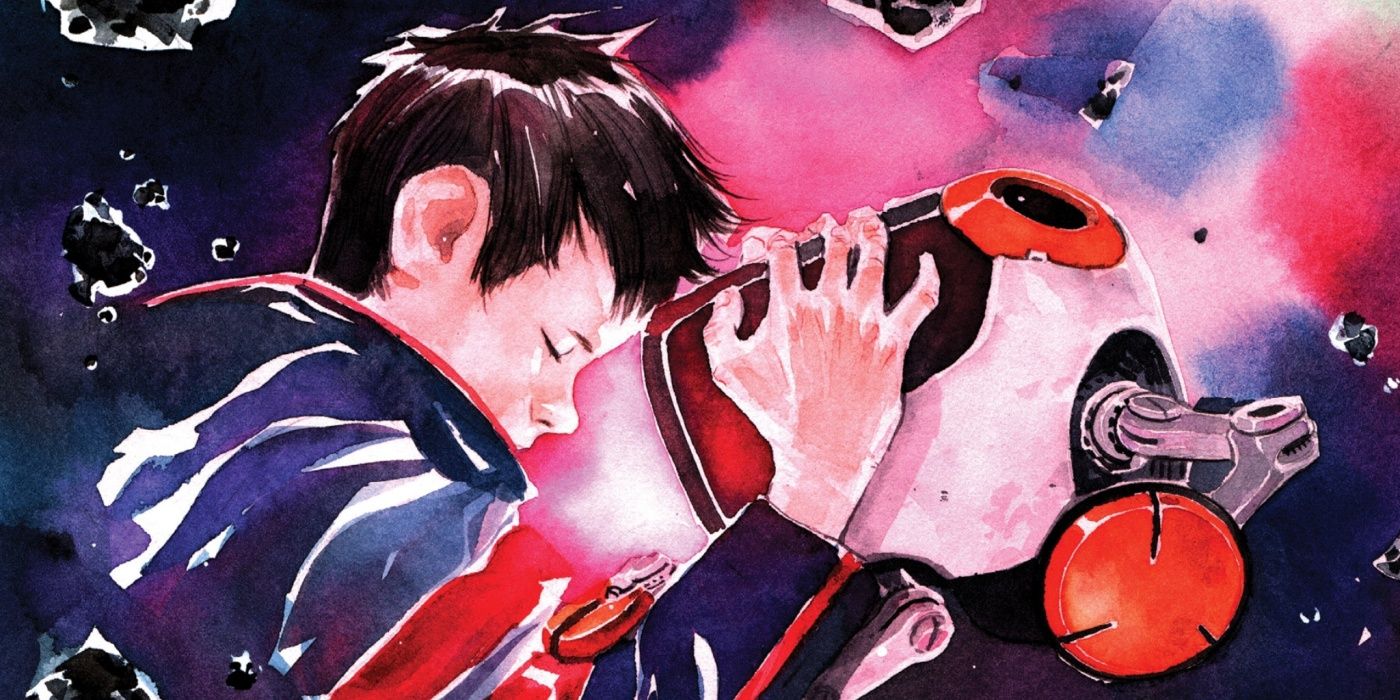


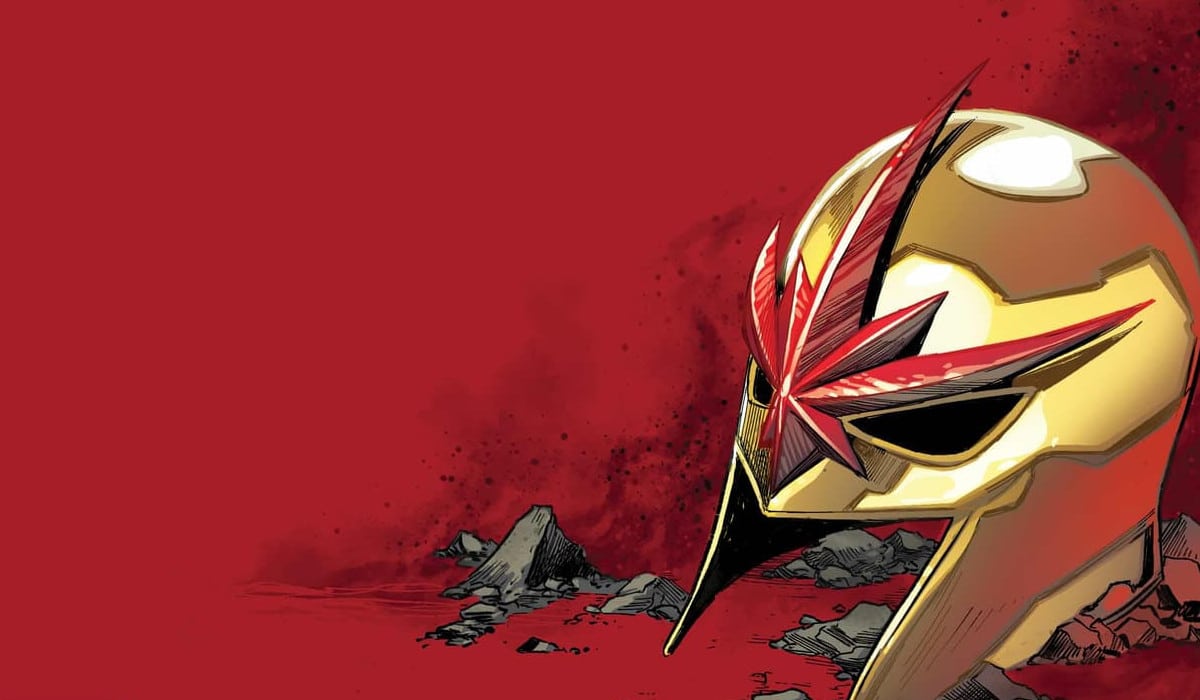

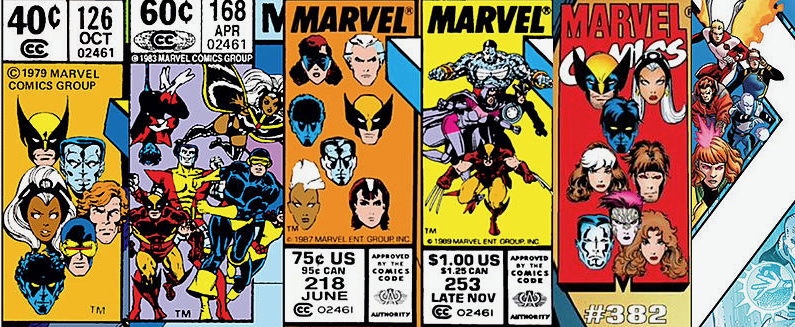

 English (US) ·
English (US) ·